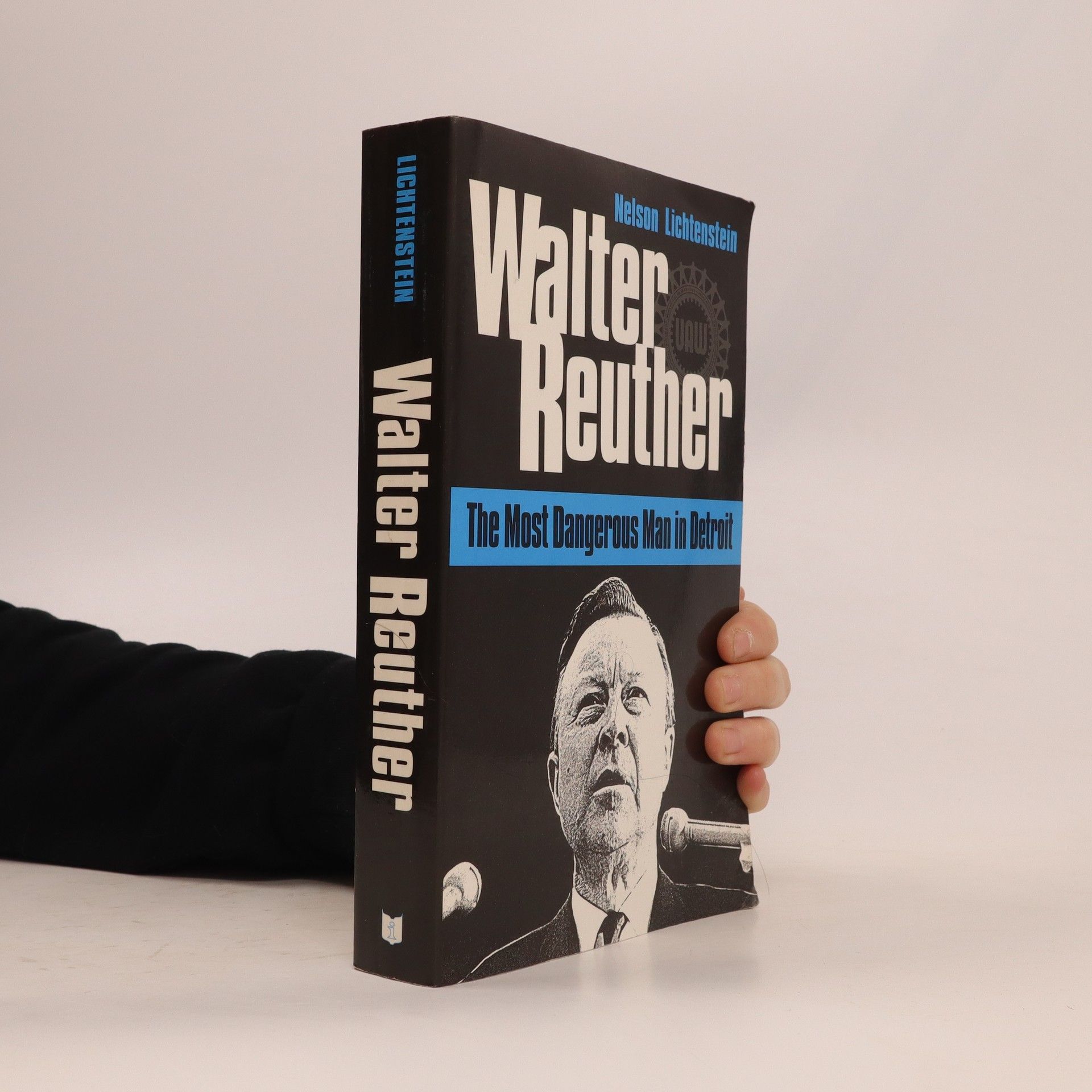Supported by The Walter and May Reuther Memorial Fund Previously published by Basic Books as The Most Dangerous Man in Detroit: Walter Reuther and the Fate of American Labor
Nelson Lichtenstein Livres
Nelson Lichtenstein est un historien éminent dont l'œuvre se concentre sur la relation complexe entre le travail, la démocratie et le paysage évolutif du monde du travail. En tant que professeur et directeur d'un centre de recherche de premier plan, ses recherches explorent les forces fondamentales qui façonnent les structures économiques et sociales. Les recherches de Lichtenstein offrent des perspectives critiques sur les dynamiques de pouvoir et les trajectoires historiques des travailleurs et de leurs mouvements.



When Bill Clinton was elected president in 1992, he was surrounded by advisors with radical ideas about economic management, health care reform, labor relations, and social policy. With Democratic control of both the White House and Congress, a more equitable vision of American capitalism seemed possible. Throughout the 1990s, the economy thrived, real wages increased, and unemployment reached a 25-year low. Alan Blinder and Janet Yellen later referred to this period as "The Fabulous Decade." However, Clinton's presidency is now viewed by many on the left as a significant failure, attributed to a full capitulation to neoliberal ideology, resulting in financial deregulation, privatization of government services, and rising class inequalities. In this comprehensive political history of the 1990s, Nelson Lichtenstein examines why the Clinton administration embraced neoliberalism so completely, despite various alternative options presented by those around him. By exploring key issues such as deficit politics, NAFTA, labor relations, tech regulation, and mass incarceration, Lichtenstein reveals an "intellectual history of an economy that wasn't" and analyzes how neoliberalism became entrenched in the U.S. economic and financial system by the end of Clinton's presidency.
The retail revolution : How Wal-Mart created a brave new world of business
- 432pages
- 16 heures de lecture
Wal-Mart is the world's largest company and it sets the standard--both social and commercial--for a huge swath of the global economy. In this probing investigation, historian Nelson Lichtenstein shows how the company's success has spread evangelical Protestantism into the workplace, made South China an American workshop, and pushed American politics to the right. At the same time, he anticipates a day of reckoning, when challenges to the Wal-Mart way, at home and abroad, are likely to change the far-flung empire. Insightful and original, The Retail Revolution gives a fresh and necessary understanding of the phenomenon that has reshaped international commerce.